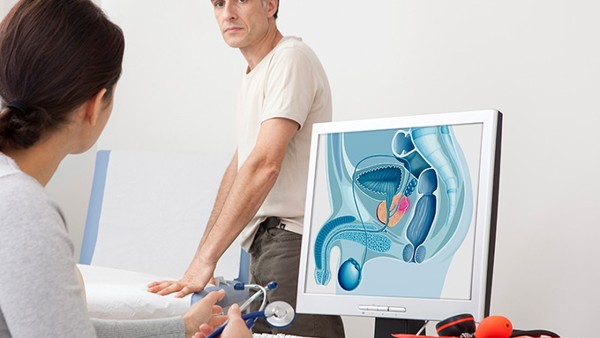Treatment Methods for ADHD in Autistic Children

Attention-deficit/hyperactivity disorder (ADHD) is a common neurodevelopmental disorder that affects children and ***s. ADHD is characterized by difficulty paying attention, impulsivity, and hyperactivity. Autistic children are at a higher risk for ADHD than typically developing children.
Treatment for ADHD in autistic children can be challenging, as the symptoms of ADHD can often be difficult to distinguish from the symptoms of autism. However, there are a number of effective treatments available for ADHD in autistic children.
Medication
Medication is often the first line of treatment for ADHD in autistic children. Stimulant medications, such as methylphenidate and amphetamine, can help to improve attention and focus. Non-stimulant medications, such as guanfacine and clonidine, can also be effective in treating ADHD symptoms.
Behavioral Therapy
Behavioral therapy can help autistic children to learn how to manage their ADHD symptoms. Behavioral therapy techniques, such as positive reinforcement and behavior modification, can help children to learn how to stay focused, control their impulses, and reduce hyperactivity.
Educational Interventions
Educational interventions can help autistic children to learn how to succeed in school despite their ADHD symptoms. Educational interventions, such as providing extra support in the classroom and using assistive technology, can help children to stay on track and make progress in their studies.
Social Skills Training
Social skills training can help autistic children to develop the social skills they need to interact successfully with others. Social skills training can teach children how to make friends, resolve conflicts, and express their emotions appropriately.
Family Therapy
Family therapy can help families to learn how to cope with the challenges of raising an autistic child with ADHD. Family therapy can provide support and guidance to families, and help them to develop strategies for managing ADHD symptoms.
Complementary Therapies
Complementary therapies, such as yoga, mindfulness, and meditation, can help autistic children to manage their ADHD symptoms. Complementary therapies can help children to reduce stress, improve focus, and control their impulses.
Treatment Plan
The best treatment plan for ADHD in autistic children will vary depending on the individual child. A comprehensive treatment plan may include a combination of medication, behavioral therapy, educational interventions, social skills training, family therapy, and complementary therapies.
Tips for Parents
Here are some tips for parents of autistic children with ADHD:
Be patient. It can take time to find the right treatment for your child.
Be consistent. Once you find a treatment that works for your child, be consistent with it.
Be supportive. Let your child know that you understand their challenges and that you are there to support them.
Be positive. Focus on your child's strengths and abilities.
Educate yourself. Learn as much as you can about ADHD and autism.
Get support. Join a support group or connect with other parents of autistic children with ADHD.
Additional Resources
[National Institute of Mental Health: ADHD](https://www.nimh.nih.gov/health/topics/attention-deficit-hyperactivity-disorder-adhd)
[American Academy of Child and Adolescent Psychiatry: ADHD](https://www.aacap.org/aacap/families_and_youth/facts_for_families/fff-guide/adhd.aspx)
[Autism Society of America: ADHD](https://www.autism-society.org/what-is/conditions/adhd-and-autism/)
The above is all the content that the editor wants to share with you. I sincerely hope that these contents can bring some help to your life and health, and I also wish that your life will be happier and happier.
Topic: #for #methods #treatment













